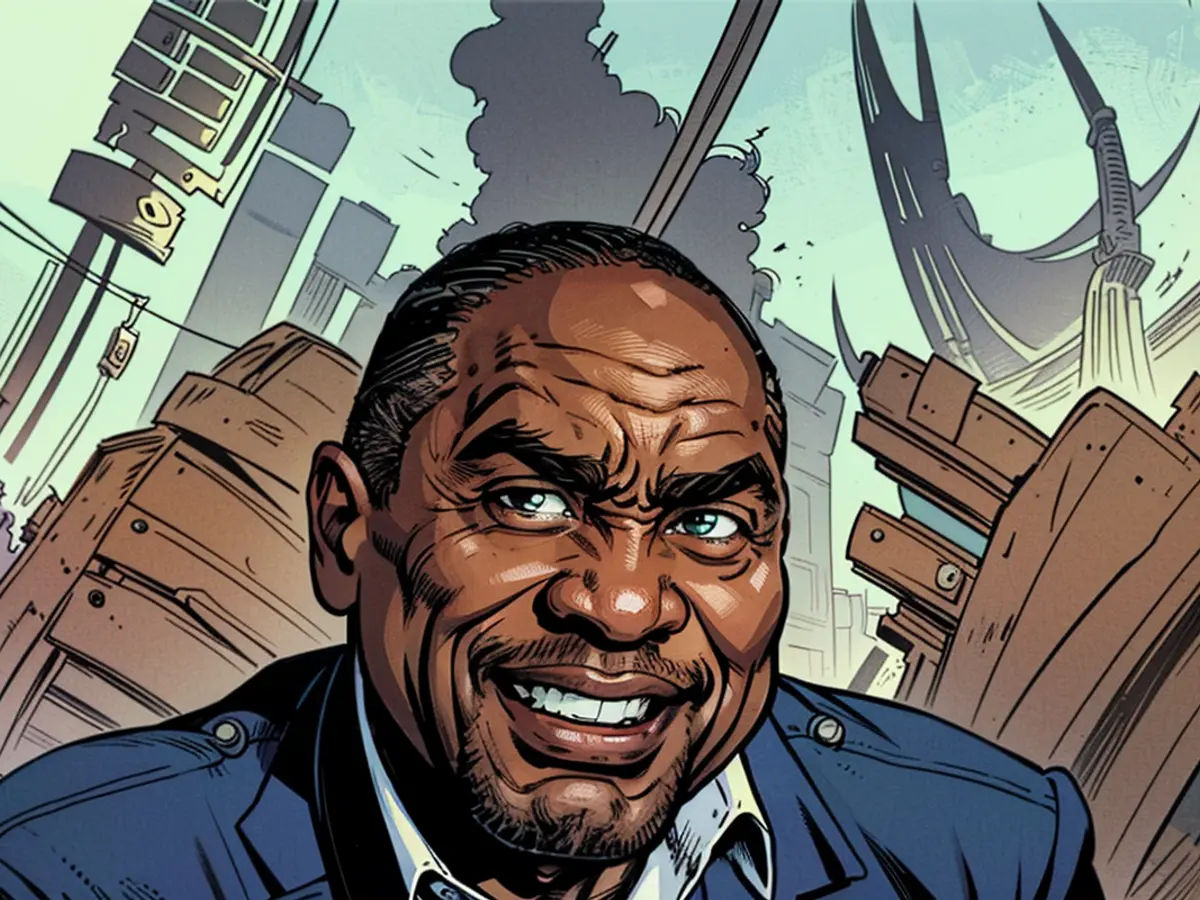For the first time, South Africa's ANC creates a ruling alliance.
In recent parliamentary elections, the African National Congress (ANC), which had been in power for 30 years, no longer held an absolute majority and is now forming a coalition with various parties. Zuma, a former ANC chair with a new party, should be kept at bay.
In South Africa, a coalition government featuring the Democratic Alliance (DA), Inkatha Freedom Party (IFP), ANC, United Democratic Movement (UDM), and Afrikaner Freedom Front Plus (FF+), along with several smaller parties, has emerged. A deal was struck due to the ANC's failure to secure an absolute majority during the elections that took place at the end of May.
“We’ve made a breakthrough and agreed that we must work together,” remarked ANC General Secretary Fikile Mbalula at a press conference held in Cape Town. This collaboration signifies a cabinet of national unity.
The National Assembly, where the president is chosen, will convene this Friday to confirm Cyril Ramaphosa, the current head of state, in office through a secret vote. In South Africa, the president is elected by the members of the National Assembly.
Zuma's MK Excluded
Zuma's newly-formed party, uMkhonto weSizwe (MK), along with the radical left Economic Freedom Fighters (EFF) led by Julius Malema - both former ANC members - were not included in the coalition. The MK has challenged the election results and announced they won't participate in the constituent session of Parliament. Mbalula declared that discussions with MK will continue, but the EFF was not part of this coalition.
The Employment and Land Reform Portfolios are considered essential in the new coalition government. The Economically Liberal Democratic Alliance (DA) helps the ANC with their market-friendly and White-dominated stance, while the radical left Economic Freedom Fighters (EFF) calls for significant Land Reforms for the black population and nationalization of key economic sectors.
ANC Representation Reduces
The ANC retained the most votes at 40% and now possesses 159 seats out of the 400 parliamentary representatives - a significant reduction from their previous 230. Rampant corruption scandals, high unemployment rates, weak economy, high crime, and recurrent power outages eroded the support base of the ruling party.
ANC General Secretary Mbalula urged all political parties to join the government. The talks have been challenging, particularly between the DA and EFF, as their economic views differ considerably. The former being liberal and long-dominated by whites, and the latter advocating for radical land reforms and nationalization of core economic sectors.
Read also:
Following the elections, the African National Congress (ANC), now in a coalition with several parties, holds 159 seats in the South African Parliament, a significant reduction from their previous absolute majority.
While the African National Congress (ANC), the Democratic Alliance (DA), Inkatha Freedom Party (IFP), United Democratic Movement (UDM), Afrikaner Freedom Front Plus (FF+), and other smaller parties form a coalition government in South Africa, former ANC chair Jacob Zuma's new party, uMkhonto weSizwe (MK), and the Economic Freedom Fighters (EFF) led by Julius Malema were excluded from the alliance.








